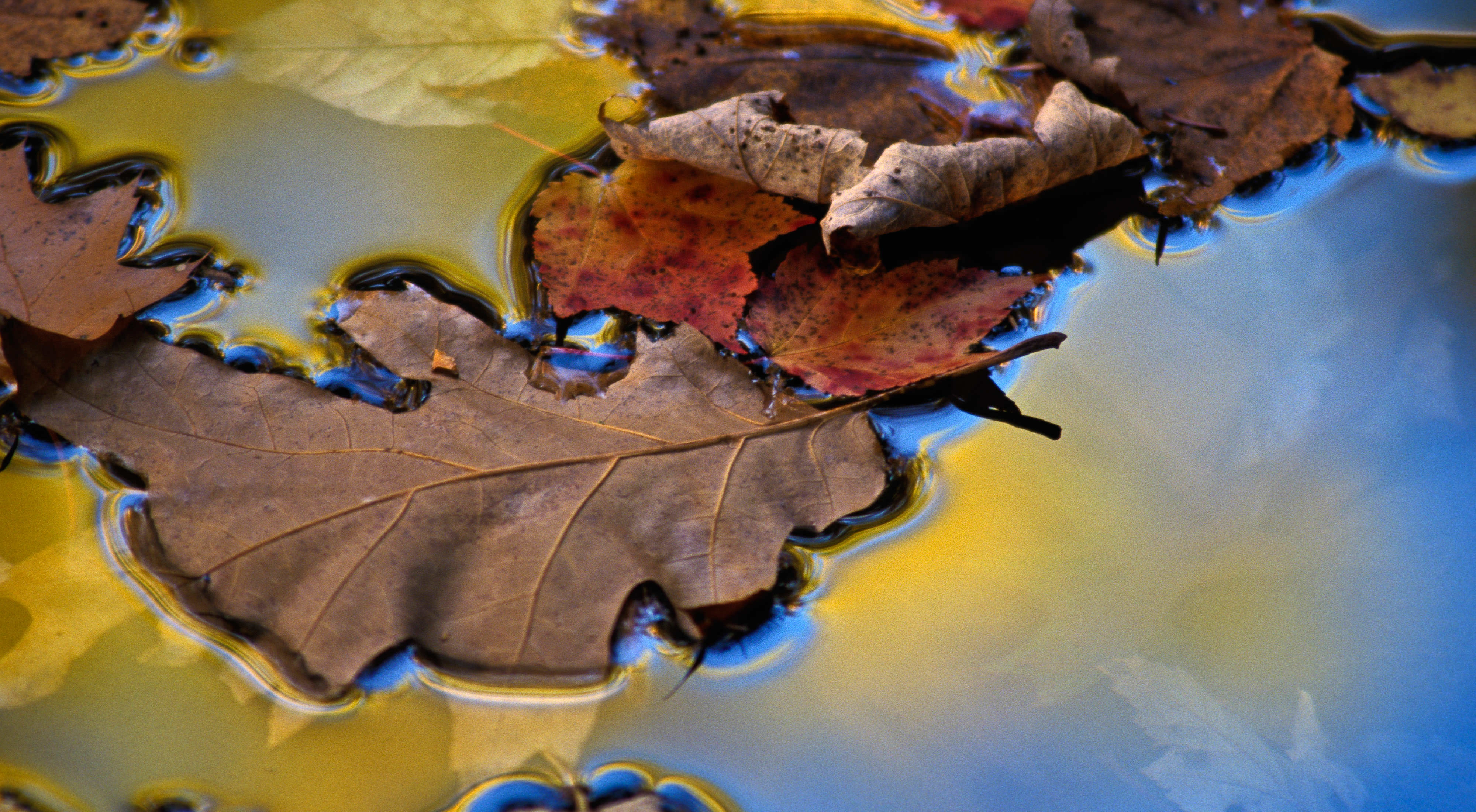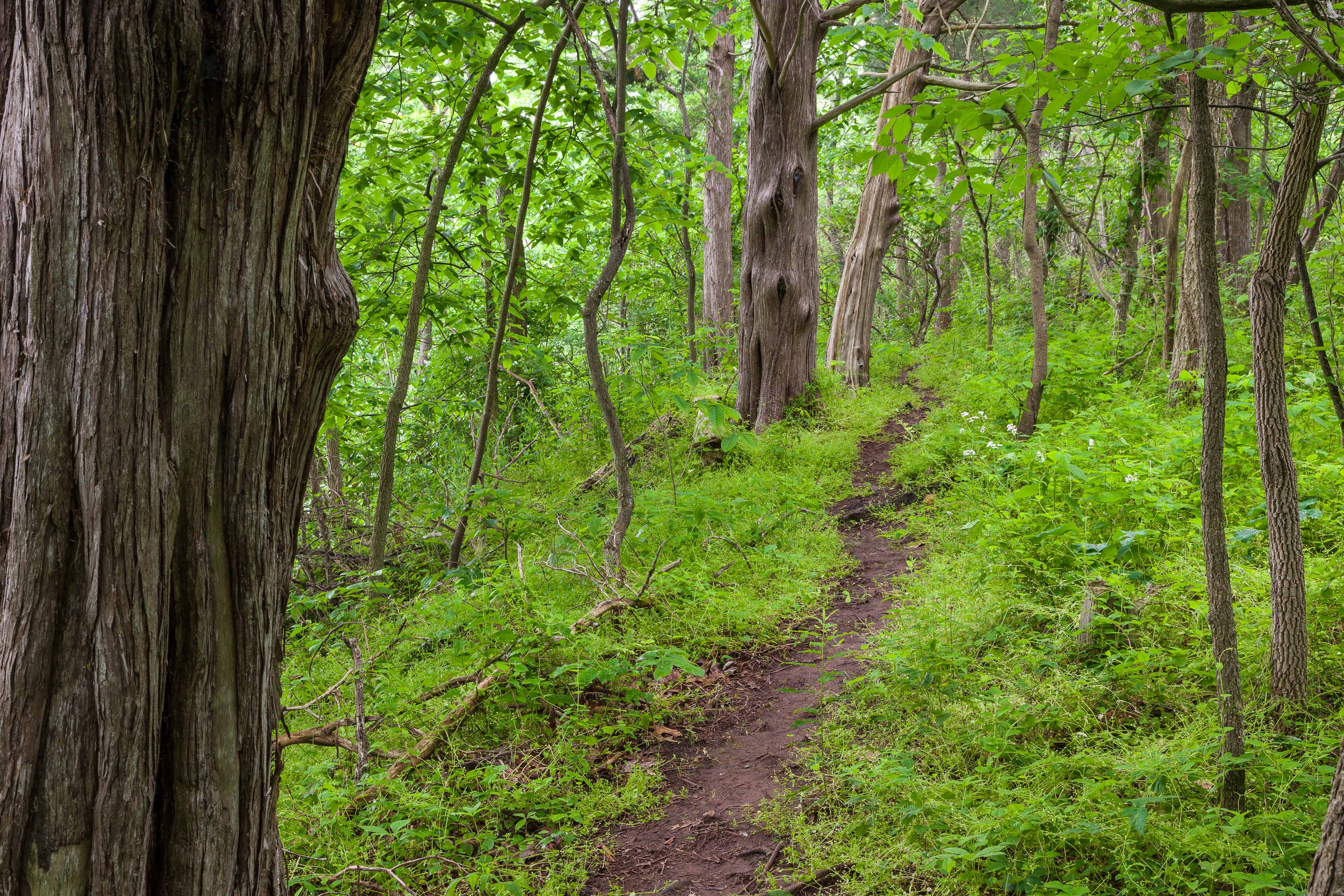Description
Selinger Marsh lies in the rain shadow of the Appalachian Mountains—this area receives the least rainfall in Maryland. Springs on the surrounding slopes provide the water for the marsh, making it an unusual wetland in a otherwise very dry region. This area was selected for conservation for that reason.
Its importance as a breeding ground for amphibians makes the site a priority in order to maintain viable populations of these species in this part of Maryland. It has been protected by TNC since 1985.
There are no facilities, trails or established parking areas at this preserve.






